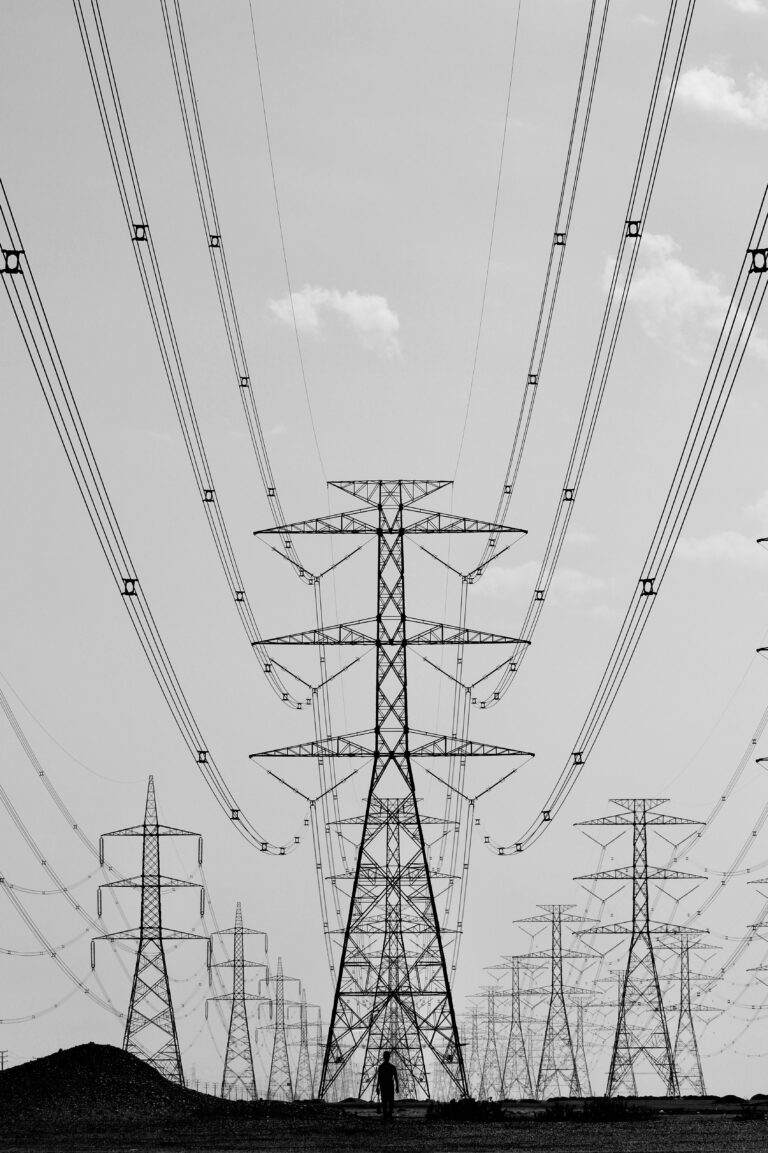Ontario’s Minister of Energy and Mines (the Minister) yesterday delivered a keynote speech at the Ontario Energy Conference setting out Ontario’s energy priorities, linking new supply and infrastructure directly to the province’s industrial strategy and economic growth. This bulletin briefly summarizes the key takeaways of the Minister’s speech. Integrated Energy Plan as roadmap. The Integrated Energy Plan (IEP) was described as Ontario’s “gold star” roadmap for generation, transmission, distribution, and storage. The Minister noted that the backdrop of rising unemployment in Ontario is new generation development, with the IEP underpinning jobs, competitiveness, and industrial growth. Nuclear as a nation-building project. Ontario is proceeding with the first of four small modular reactors (SMRs) at Darlington, which has been identified as a “nation-building” initiative by the federal government. The SMR program is projected to create 18,000 construction jobs, with 80 cents of every dollar spent remaining in Canada. The Minister highlighted the economic scale of large nuclear, with a potential 10,000 MW of new capacity at Port Hope, estimated at adding $235B to Canada’s GDP along with new job creation. The Minister emphasized that there is no economic growth without net new nuclear, supporting Canada as a leading clean energy economy and positioning Ontario as leading the world on SMR. Hydro, Transmission and Storage. The Minister noted that new hydro, transmission, and storage projects are being advanced, with First Nations leadership central to future baseload supply. Four new transmission lines have been announced and were described as the largest one-time investment in a generation and essential to moving new generation to load centres. The Minister also emphasized that storage will be critical alongside nuclear and hydro. LT2 procurement and competition. The IESO’s Long-Term 2 (LT2) procurement was highlighted as good for customers, as competition is expected to reduce prices by up to 30%. The Minister emphasized the IESO’s role as forward-looking and central to procurement and system planning. IEP Natural gas policy statement. The Minister noted that for the first time,…
Ontario’s Electrification and Energy Transition Panel (the Panel) has released its final report entitled Ontario’s Clean Energy Opportunity: Report of the Electrification and Energy Transition Panel (the Report). The Panel was established by the Government of Ontario to advise on opportunities for Ontario’s energy sector and identify strategic opportunities and planning reforms to help Ontario’s economy prepare for electrification and the energy transition. The Report provides a comprehensive roadmap for Ontario’s transition to a clean energy economy, emphasizing strategic planning, collaboration, innovation, and the crucial role of Indigenous partnerships. This bulletin briefly highlights the key findings of the report and outlines the Panel’s key recommendations. Planning for electrification and the energy transition. The Report underscores the urgent and transformative shift in the global energy landscape, emphasizing the need to address climate change and support technological advancements. For example, the Report notes that Ontario faces a significant challenge regarding the future of natural gas, including increasing uncertainty about the feasibility of decarbonizing the natural gas grid and growing doubt about replacing large quantities of natural gas in a cost-effective way with cleaner alternatives such as renewable natural gas (RNG) or hydrogen. Key recommendations include: Recommendation 1 suggests that the provincial government should develop and communicate a commitment and associated policy principles for achieving a clean energy economy for Ontario by 2050 in order to provide clear direction for Ontario’s energy and economic future. Recommendation 3 provides that the provincial government should continue to seek alignment and coordination of clean energy economy objectives, standards, and policies with other governments (within and outside Canada) whenever practical and consistent with the province’s economic and policy interests. Recommendation 6 provides that in order to provide clarity to utilities, investors, and customers, the Ministry of Energy (the Ministry) should provide policy direction on the role of natural gas in Ontario’s future energy system as…


